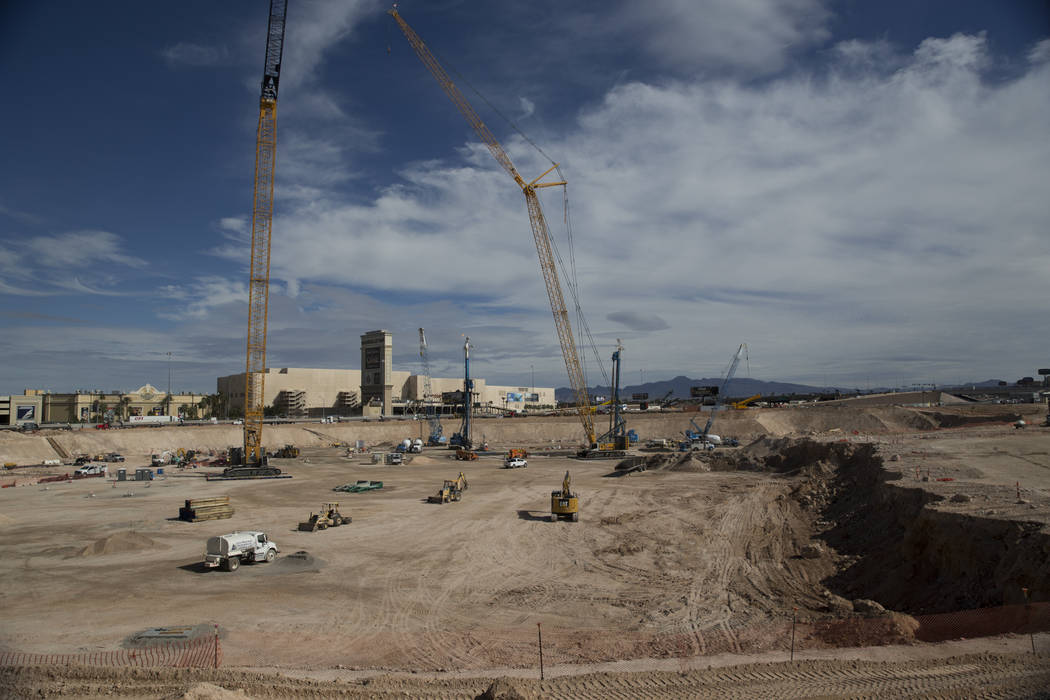Dennis Myers: How states stick it to each other
The California Legislature is close to renewing a $1.55-billion corporate welfare program for movie studios. As so often happens, the largesse is being sponsored by a couple of Democratic legislators.
California has little reason to hand out welfare to this industry. It has the largest physical plants for making movies in the world. The Los Angeles city agency that oversee film production here ways only a fifth of the movies made in the City of Angels use the state tax credits. What the state’s program DOES do it put pressure on other states to match its taxpayers’ unwilling generosity.
This has been going on for a long time. In 1935, Disney threatened to move out of California to Nevada unless it got some tax breaks. When the studio got what it wanted, Nevada was dropped flat.
In this century, the states got into a war of incentives for movies. By 2010, 43 states were handing them out. Hollywood’s lobbyists were so heavy-handed that states started re-examining whether it was all worth it. A Louisiana study found incentives cost more than they generated: “Does [the state] receive more tax receipts back, either directly or indirectly, than what we’re paying out? The answer is definitely no.” Massachusetts found the studios brought most of their workers with them instead of hiring locally.
State incentives for movie companies started going into decline, thank goodness.
Do states have any obligation to each other? When they lard out other people’s money to industries, aren’t they forcing other states to try to compete?
A Harvard study indicated that 78 percent of subsidized stadium costs end up being picked up by taxpayers, a fact that was available to Nevada legislators when they walked the state into that trap by subsidizing an Oakland Raiders stadium in Las Vegas.
“The prospective studies about the financial effect of a sports facility on the budgets of local governments and about the effect of a facility on permanent jobs in the locality are always overstated,” former senior economist of the President’s Council of Economic Advisers Roger Noll told me. “But I have not seen any impact study that is as wildly overstated as the one for the Las Vegas NFL stadium.”
Before Nevada acted, the size of subsidies being given for athletic stadiums were on their way down and team owners were expected to veto the Raiders moving to Las Vegas. But the whiff of dollars from the Nevada deal made the owners change their minds, and states and municipalities are now facing a ridiculous benchmark to meet. Taxpayers all over the nation will pay the price. Thanks, Nevada.
It’s time for some state summits to figure out how to punish states that screw other states.
Dennis Myers is an award-winning journalist who has reported on Nevada’s capital, government and politics for several decades. He has also served as Nevada’s chief deputy secretary of state.

















